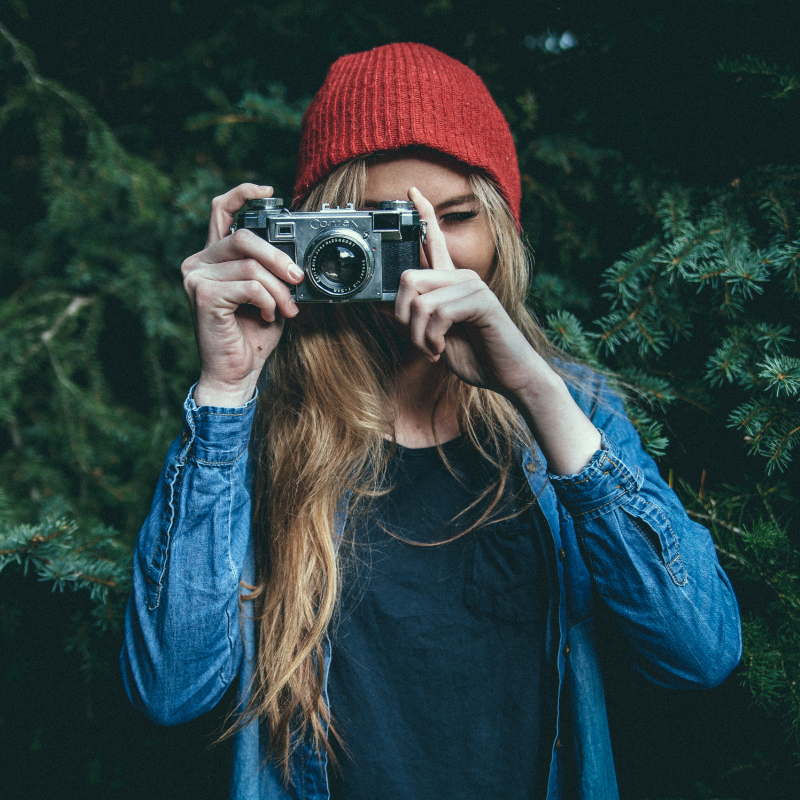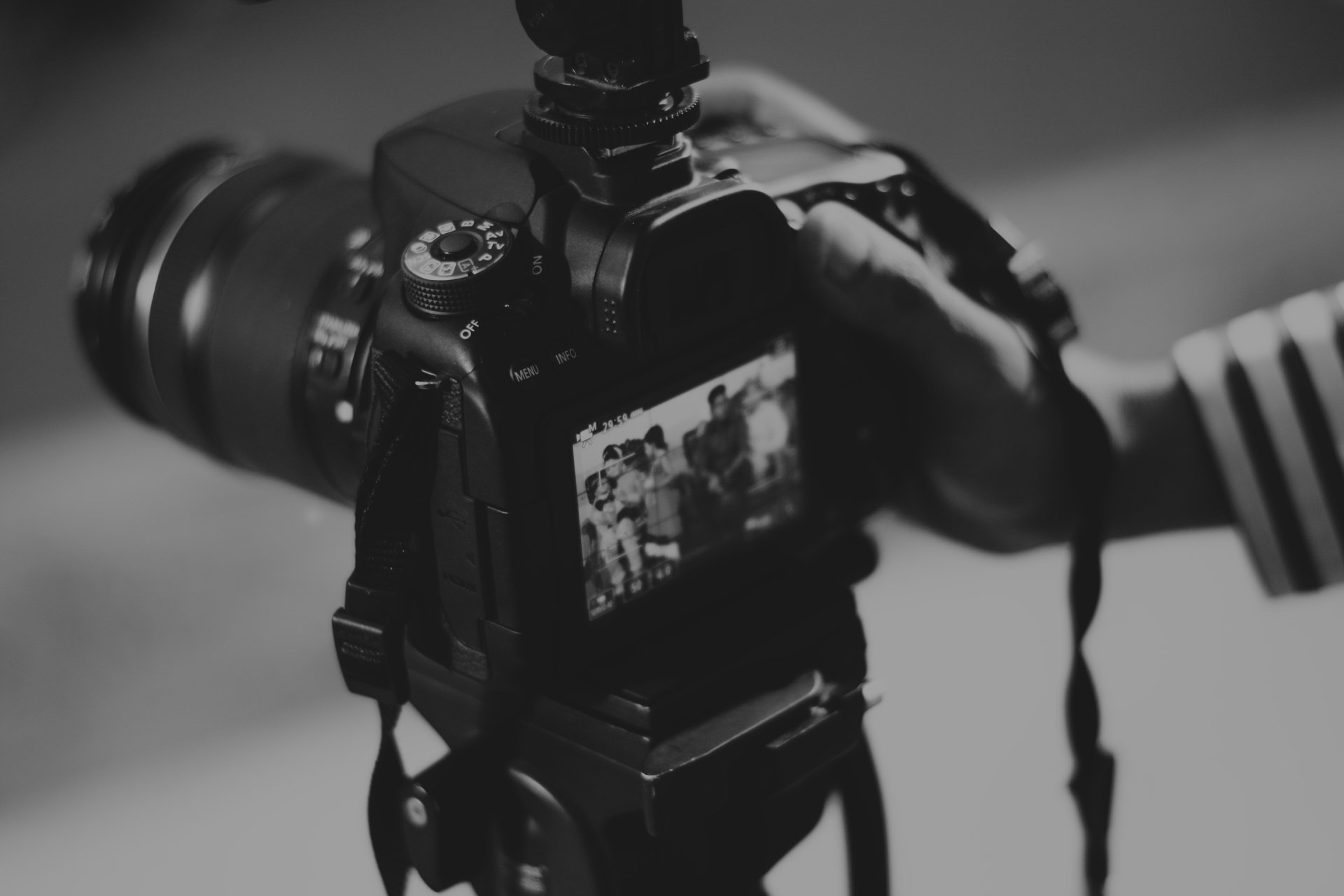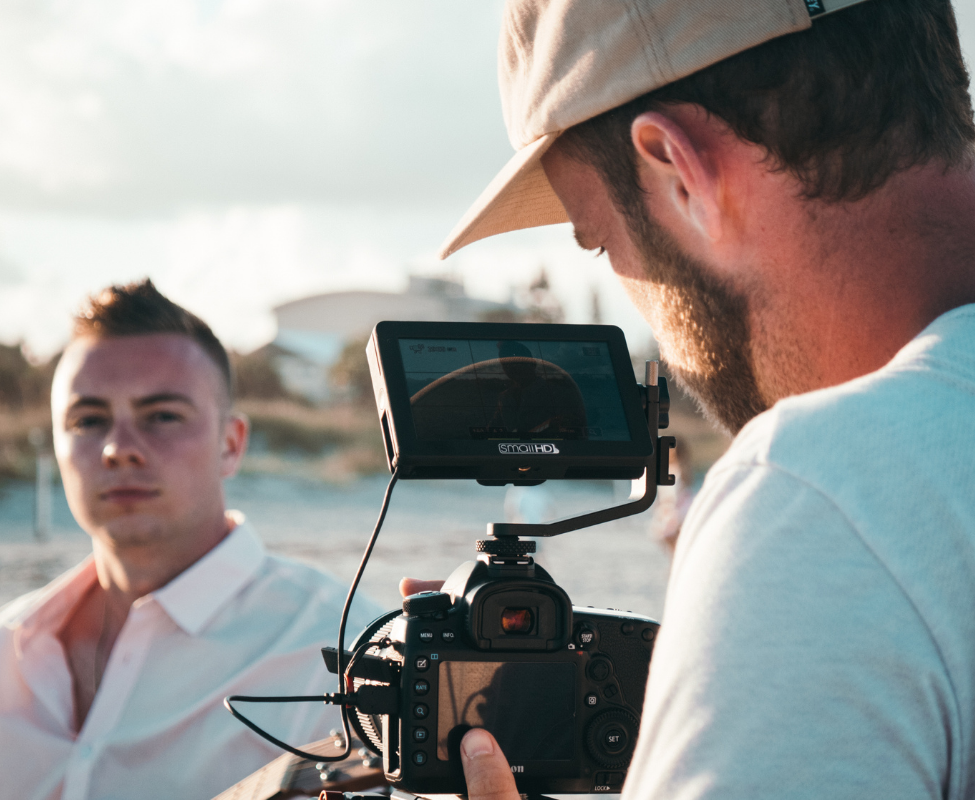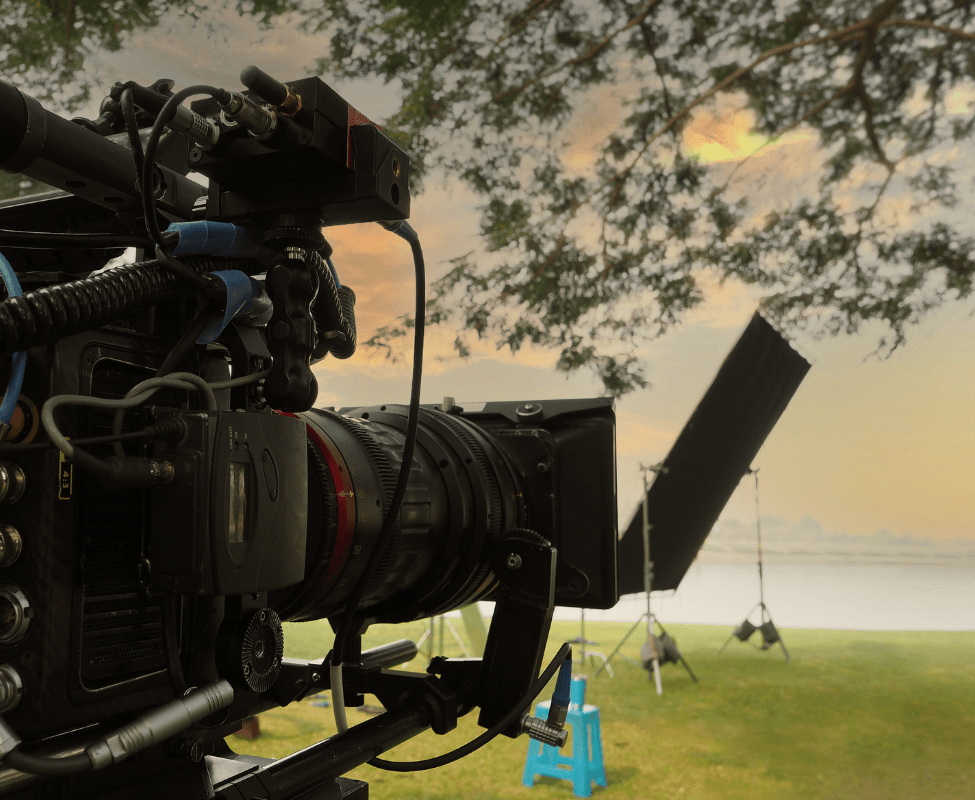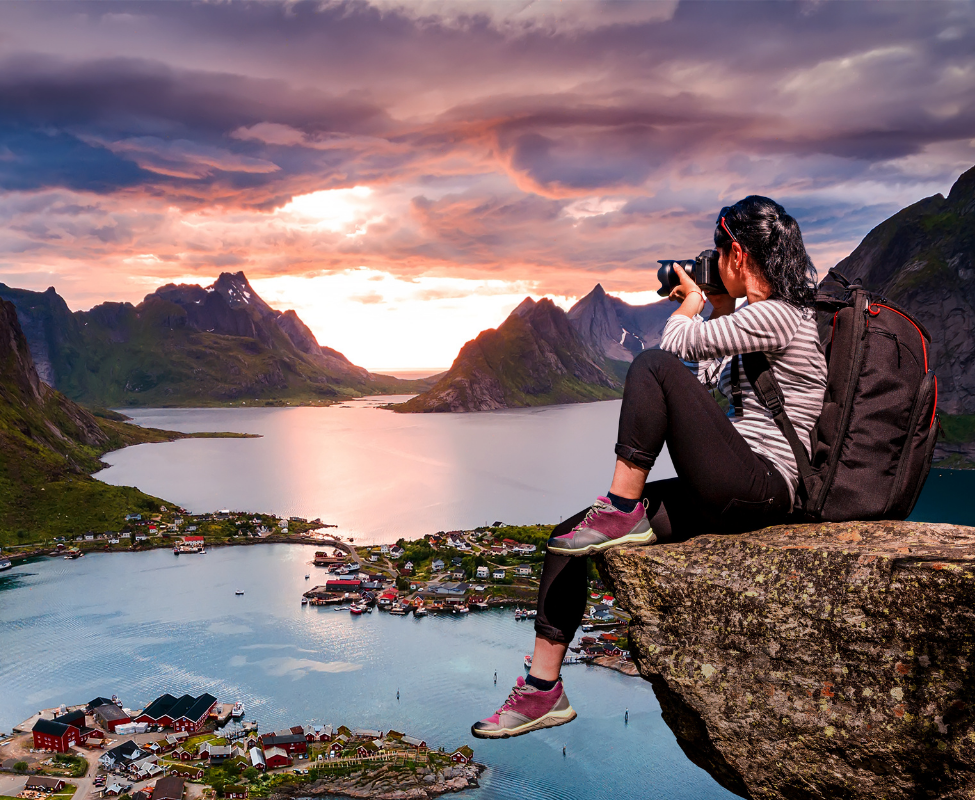Insurance For Photography and Videography
8:30am - 5:00pm Mon-Fri
Will Reply in 15min*
Top 3 Recommended Policies
What is Photography and Videography Insurance?
Your goal as a photographer or videographer is to frame and capture the perfect shot. However, as a small business owner, you are well aware that things aren't always as they appear.
Working with clients and expensive equipment entails a certain level of risk and challenges, which is why photographers and videographers require the right type of commercial insurance.
Over 180+ commercial clients covered
100% customer satisfaction guaranteed
Over 10 years of commercial insurance experience
Insurance Policies to Consider For Photography and Videography
General Liability Insurance
Customer injury, customer property damage, and advertising injury are all covered by general liability insurance. It helps you qualify for leases and contracts while also protecting your small business from the hefty expenses of lawsuits.
General liability insurance covers against common company risks, whether it's included in your film production insurance, videography insurance, and photography insurance. It can cover medical expenses if a customer is hurt in your studio or if you damage a client's property by mistake while filming a video. Most landlords will require you to have this coverage in order to obtain a business lease if you intend to rent a studio.
This policy covers the following types of liabilities:
- Bodily injury
- Property damage
- Advertising injury
Injuries to third parties
If a model or actor gets hurt by a tipped lighting stand or a delivery worker slips and falls at your studio, you could be held liable. If the person files a lawsuit against you, you may be responsible for medical bills as well as the cost of hiring a lawyer. The following items are covered by general liability insurance:
- Medical expenses
- Fees for attorneys
- Settlements or judgments
- Expenses for funerals in fatal accidents
Note that this policy does not cover employee injuries. You'll need workers' compensation insurance for that.
Property damage to customers
Photographers and videographers usually operate on-site, which entails a higher level of risk. A general liability policy may help cover the costs of repairs or replacement in case of damaging a client's equipment or property at an event. It may also cover legal fees in the event of a property damage lawsuit.
Advertising Injury
It's possible to inadvertently copy another videographer's slogan or mimic a competitor photographer's advertising campaign while advertising your company and services. Advertising injuries related to accidents are also insured under general liability insurance, including:
- Defamation, both libel (written) and slander (spoken)
- Copyright infringement
Business owner's policy
A business owner's policy (BOP) combines commercial property insurance and bundles general liability insurance. It usually costs less when the policies are purchased together.
A business owner's policy protects photographers and videographers from business risks by combining commercial property insurance with general liability insurance. Coverage includes damage to photo and video equipment, customer injuries, and more.
A BOP can pay for:
- Lawsuits related to customer injuries or property damage
The general liability part of a business owner's policy can pay for legal costs, medical bills, and other expenses related to third-party injuries or property damage, such as:
- Injury to a model or cast member
- Property damage caused by your crew while shooting on location
- An individual tripping over a camera stand at an event
2. Lawsuits related to defamation, slander, and other advertising injuries
The general liability portion of a BOP also protects videographers and photographers against advertising injuries, including:
- Defamation, including slander (spoken) and libel (written)
- Copyright infringement
For example, if you say something unpleasant about a competitor's work at a networking event and are sued for defamation, general liability insurance could help pay the resulting legal bills.
2. Damage to cameras, editing equipment, office furniture, and other business property
Business equipment, such as cameras, computers, film supplies, fixtures, and furniture for the office if you own the building, are included. Your business owner's policy will help you recuperate your losses by paying for replacement equipment or repairs if your camera is stolen or a fire breaks out at your studio.
Professional Liability Insurance
Professional liability insurance protects you from financial losses incurred by a customer as a result of your advice or failure to provide professional services appropriately. This happens more frequently than you might expect!
You're a videographer, for example, and you're working on a reel for an actress that needs to be presented to a casting agent by a certain date. She could sue you for the loss of prospective money if you send her a faulty file and she misses out on the job.
Because images and videos are frequently used in your client's business operations, professional liability insurance is a good idea to have on hand in case they believe their financial loss is due to your work.
Property Insurance
If you work out of a studio or office, you may be eligible for commercial property insurance, which is first-party property insurance. Commercial property insurance protects the building you work in as well as the contents of your business.
Commercial property insurance can cover a variety of things, depending on the details of your policy. For instance, it can provide coverage for:
- Vandalism and damage to your building and its contents
- Stolen or lost equipment
Most landlords will need you to obtain insurance to cover the landlord's liability interest as well as possibly some of the landlord's property interest if you lease a space. If you own the building, it's even more crucial to protect your investment with the right insurance.
Photography and Videography Insurance: Who Needs It?
It is prudent for all photographers and videographers who work for a living to have insurance coverage. Some venues and potential clients may even need proof of insurance before you begin shooting. If you don't have photographer's insurance, you risk losing out on lucrative projects and putting your company at financial risk.
Insurance is required for photography enterprises to protect expensive equipment, such as cameras and lenses. They also require adequate insurance to protect themselves from lawsuits and penalties.
Request a Quote
Speak with a Photography and Videography Insurance specialist today!
Get started today!
Whether you are the owner of a photography and videography studio, you will need business insurance policies to protect your business and all those associated with it. We hope that with the four business insurance coverages that we have mentioned above, you will be able to find specialized insurance coverages that have been customized for the needs of your photography and videography studio. It is always better to be proactive instead of reactive.
Prefer to speak with an agent now?

